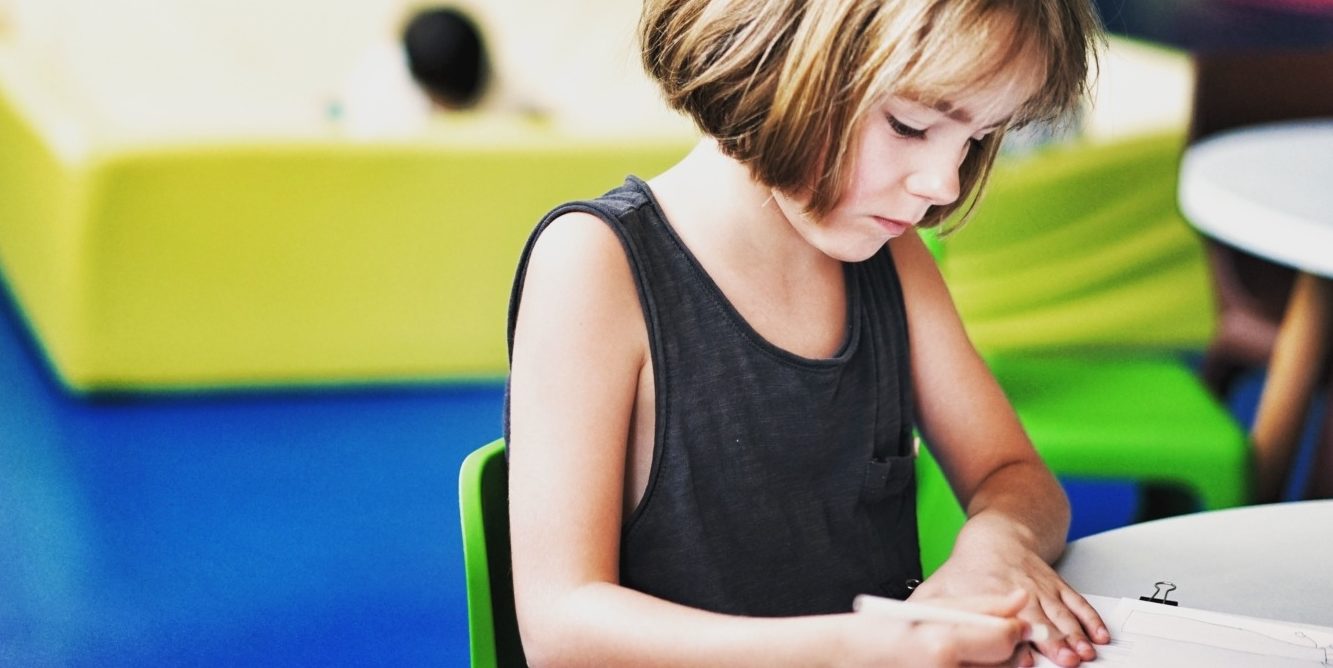Brexit named as Children’s ‘Word of the Year’ 2019
‘Brexit’ has been named the Oxford Children’s Word of the Year for 2019 due to its impact on the UK and a large increase in its use.
Oxford Children’s Dictionaries analysed children’s submissions to the BBC Radio 2 500 words competition to see new ways in which children used language and what language they were using.
At first, it might seem strange that this political issue is integral in the world of children, entering their world as ‘Word of the Year’. However, in submissions to BBC Radio 2’s 500 words competition, the use of ‘Brexit’ increased by 464% since 2018. Children demonstrated an awareness of this political issue and therefore it is not as strange as it first seems.
In submissions, ‘Brexit’ appeared 31 and 89 times in 2017 and 2018 respectively, increasing to 418 times in 2019 stories
Alongside the use of ‘Brexit’ increasing, ‘European Union’ increased by 540%, ‘backstop’ by 450%, ‘EU’ by 393% and ‘Theresa May’ by 192% between 2018 and 2019.
Other words with a large increased frequency between 2018 and 2019 include ‘climate change’ (374%), ‘deforestation’ (171%) and ‘global warming’ (105%).
In submissions, ‘Brexit’ appeared 31 and 89 times in 2017 and 2018 respectively, increasing to 418 times in 2019 stories. However, it wasn’t just the frequency of its use but the ways in which it was used within new contexts which made it integral in submissions and worthy of ‘Word of the Year’.
2019 submissions include those titled: ‘The Cat Who Solved Brexit’, ‘The Three Little Politicians and the Big Bad Brexit Monster’ and ‘Henry VIII negotiates BREXIT!’
Whilst it was mainly used by children in the earlier years “in the context of an item on the news or as a boring topic of conversation”, in 2019 it demonstrated a political awareness and the uncertainties associated with the issue.
One boy, aged 10, wrote about the uncertainty and fear associated with Brexit for children as his narrative says: “I’m being bullied at school and the teachers aren’t doing anything about it. Kids are picking on me and teasing me because I’m not ‘British’ in their eyes. They’ve changed and keep on saying, ‘Go home to where you came from!’”.
Children used Brexit to demonstrate problem solving and creativity, as they wrote about solutions. ‘Brexit’ is a portmanteau word by putting ‘British’ and ‘Exit’ together, which children used to inspire words of their own such as ‘prexit’ (leaving primary school), ‘plexit’ (plastic) and ‘clexit’ (class).
2019 submissions include those titled: ‘The Cat Who Solved Brexit’, ‘The Three Little Politicians and the Big Bad Brexit Monster’ and ‘Henry VIII negotiates BREXIT!’.
It isn’t unusual for the Oxford Children’s Word of the Year to be political in some way as global affairs have inspired children’s creativity in recent years
Other submissions played with Brexit, using analogies to try and make sense of it. Coining the term ‘frexit’, one 12-year-old boy wrote: “The Apples said ‘We all think it would just be easier to leave without a deal of warmth throughout the Winter since it is late Autumn and is almost time to leave!’. The blueberries didn’t agree and said ‘That would be a no deal FREXIT!’”.
It isn’t unusual for the Oxford Children’s Word of the Year to be political in some way as global affairs have inspired children’s creativity in recent years. The word of the year in 2018 was ‘plastic’, pointing to increasing environmental concerns, whilst it was ‘Trump’ and ‘refugee’ in 2017 and 2016 respectively.
It can be argued that a Word of the Year such as this exposes children to a world of political issues too early, forcing them to grow up too soon. However, it is also important for children to know what is happening around them. After all, we can’t ignore that the Word of the Year was decided based on what children were already saying. This hasn’t been forced on them: it has come from their own mouths and the fact they are concerned about the topic should be something we are aware of.

Comments